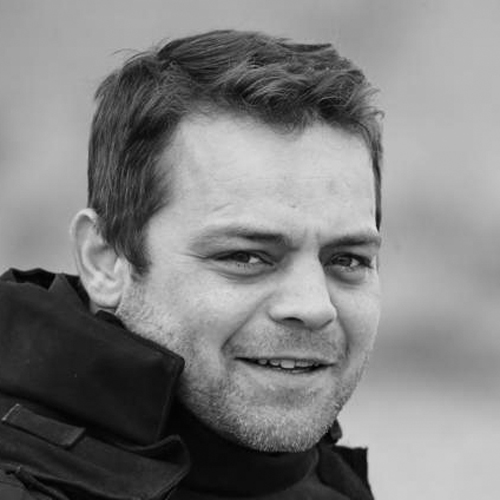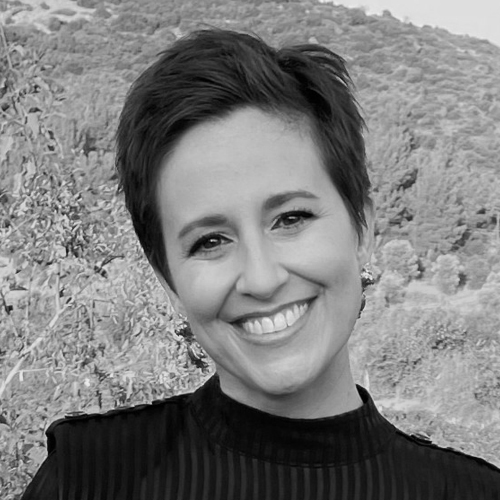During the newsgathering process, newsrooms are often confronted with difficult questions about what to report and how to report it. Choices are often made hastily, especially when covering conflicts and disasters, which has always been a precarious endeavour. Nevertheless, journalists work tirelessly to discover the facts and define fast-moving events faithfully for their audiences. News crews are rarely afforded the opportunity to reflect on questions of social responsibility amidst an increasingly demanding and hectic news environment. In this context, some media scholars and practitioners have prospected alternative approaches to news production. A body of literature known as ‘peace journalism’ is reflective of these discussions, highlighting the need for societies to consider nonviolent responses to conflict and make choices that improve the prospects for peace. Peace journalism advocates recommend framing stories in such a way as to create an atmosphere conducive to peace and make non-violent solutions more visible and viable. They are also critical of the mainstream media’s tendency to provide violence-orientated coverage that, in their view, serves to escalate conflicts. However, this approach has yet to gain traction in a news industry that is shaped by certain organisational and structural constraints. News organisations must consider numerous factors before determining which stories are considered urgent and sift through a multitude of sources. Another source of reluctance stems from the fact that the basic function of journalists is to cover news with fairness and accuracy, not to engage in media activism. This session will discuss the news media’s impact, both constructive and potentially malign, on peace and conflict dynamics and what journalistic best practices could be shared in this domain.
Discussion Themes
How can a balance be struck between the need for prompt reporting and thorough source verification?
How can independent journalism survive war and conflict? What are the perils of independent war journalism?
How can objectivity be maintained in war zones? What liabilities do war journalists hold when it comes to reporting from conflict zones where the line between truth and disinformation is often blurry?
What is the relationship between war journalism and peace journalism? What are the main differences between the two?
How has the emergence of social media changed the landscape for crisis reporting? What are the pros and cons of social media as a source for news?



